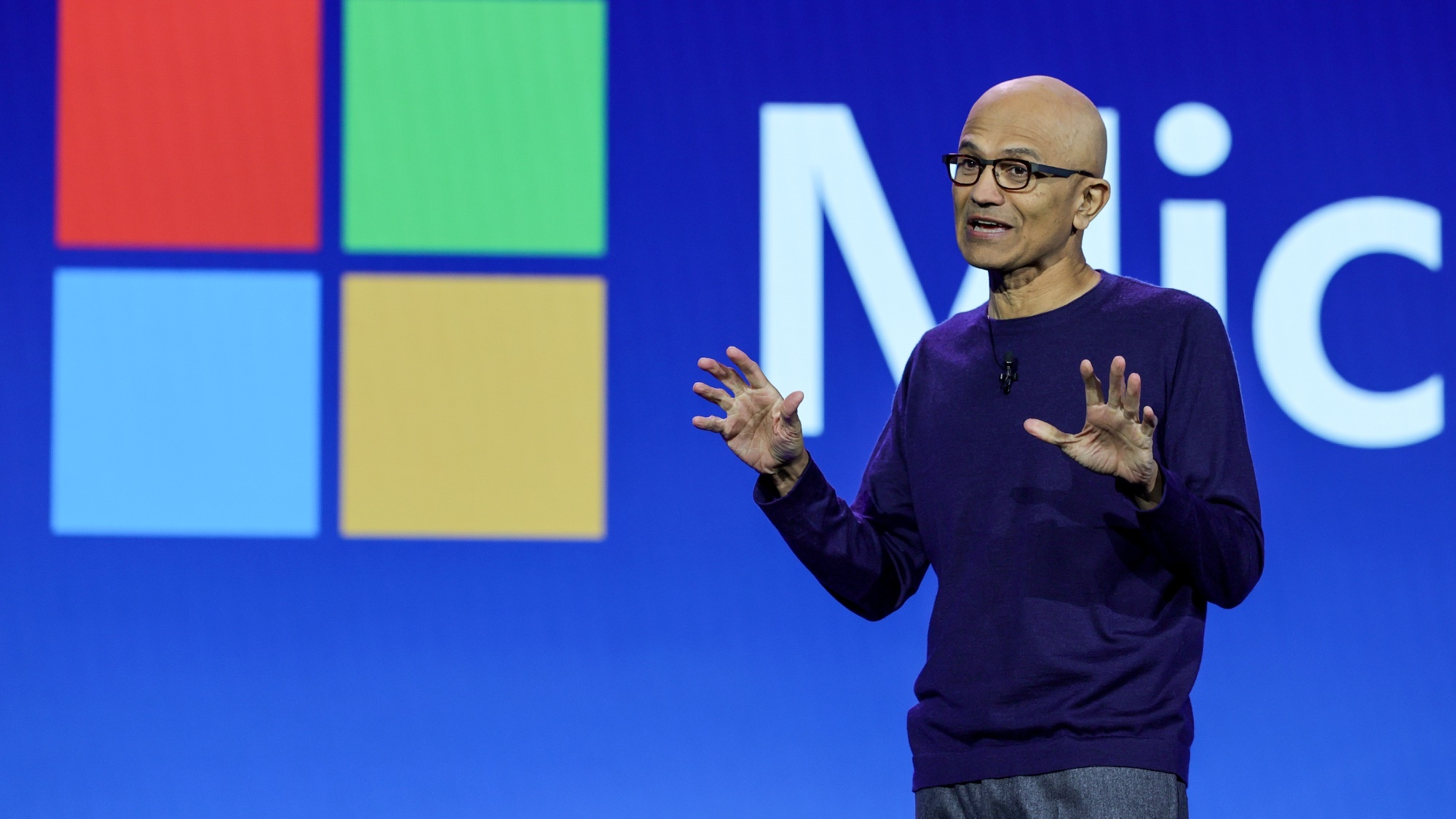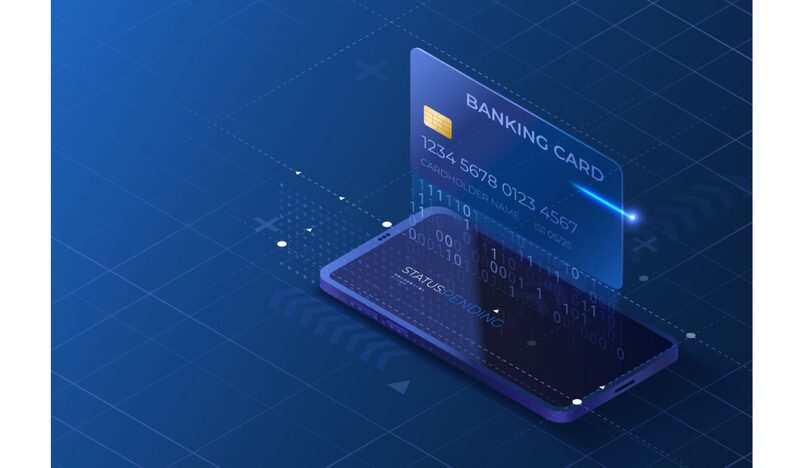The public Wi-Fi dilemma is becoming a more common part of using a phone or laptop. You want to use the tempting, free internet connection. You might not have great 5G signal, or perhaps you’re on holiday and don’t want to put your phone in roaming mode. It sits there on the list of nearby hotspots, its lack of a little padlock icon advertising its open and easily exploitable nature. But you worry about it exploiting you back.
Public Wi-Fi hotspots are notorious for being unencrypted. You can see why they do this – the connection is meant to be used by people wandering in and out, on multiple devices, perhaps by tourists who don’t speak the local language. You don’t want to be putting up posters advertising the password. So they’re often left completely unprotected, which means they’re ripe for exploitation. To use public Wi-Fi without worry, you need a VPN.
The lack of encryption that makes public Wi-Fi hotspots so tempting is also its downfall. At home, we use passwords to prevent unauthorised users from logging on and using our internet connections, potentially accessing our home networks while they do it, but public hotspots do away with that. This means that not only can anyone connect, but your internet traffic isn’t encrypted using WPA 2 or 3 like it can be at home.
Sponsored: protect Your Privacy. Unlock the World
ExpressVPN gives you the freedom to browse the internet safely, securely, and without limits. With ultra-fast servers in 94 countries, your data stays private and your connection stays lightning-fast—whether you’re at home or on the go.
✅ Top-tier encryption to keep your data safe
✅ No activity logs—your privacy is our priority
✅ Bypass geo-restrictions and access content worldwide
✅ 24/7 customer support ready when you need it
✅ Easy-to-use apps for all your devices
Experience the internet the way it’s meant to be—open, private, and secure.
Join millions of users who trust ExpressVPN to keep them safe online.
Using an unencrypted network like this opens you up to a variety of attacks. Criminals can use so-called man-in-the-middle attacks against you, so they can intercept your communications between you and a website, potentially extracting things like passwords and credit card numbers if the site isn’t using secure encryption itself.
Then there’s the risk of accidentally connecting to a malicious hotspot. This is one set up by criminals with a very similar name to a public one – perhaps Free Hot5pot instead of Free Hotspot – known as an ‘evil twin’, and set up to deliver your unencrypted traffic straight to the attackers. Attackers can use this information to intercept and alter your communications, so emails can be sent in your name. It can also give them a direct line into your PC, allowing them to exploit weaknesses within the operating system to install malware.
Protect yourself

Using a VPN can help solve all these problems. The secure tunnel a VPN creates between you and its server means your internet traffic is fully encrypted even if the Wi-Fi hotspot you’re using isn’t, so no one can spy on what you’re doing. You can use your VPN to improve your online security in many ways, such as masking your location and preventing sites from seeing your true IP address, but the encryption a good VPN uses is the best weapon you have against public Wi-Fi intruders.
It’s important to keep your OS, VPN and antivirus software up to date if you’re going to be using public Wi-Fi, and if using a PC make sure file sharing is disabled when connected to public networks. It can be wise to stick to secure sites – look out for ‘https’ at the beginning of the address – the s stands for secure – and if you spot this changing to plain old ‘http’ when you didn’t expect it, it can be a sign you’re connected to an insecure network that’s been set up to intercept your traffic.
It can be best to avoid public Wi-Fi hotspots all together, especially ones with generic names such as ‘Free Internet’, but if you need to use one, having (and using) a VPN is the best way to help ensure your private data stays out of the hands of criminals.












